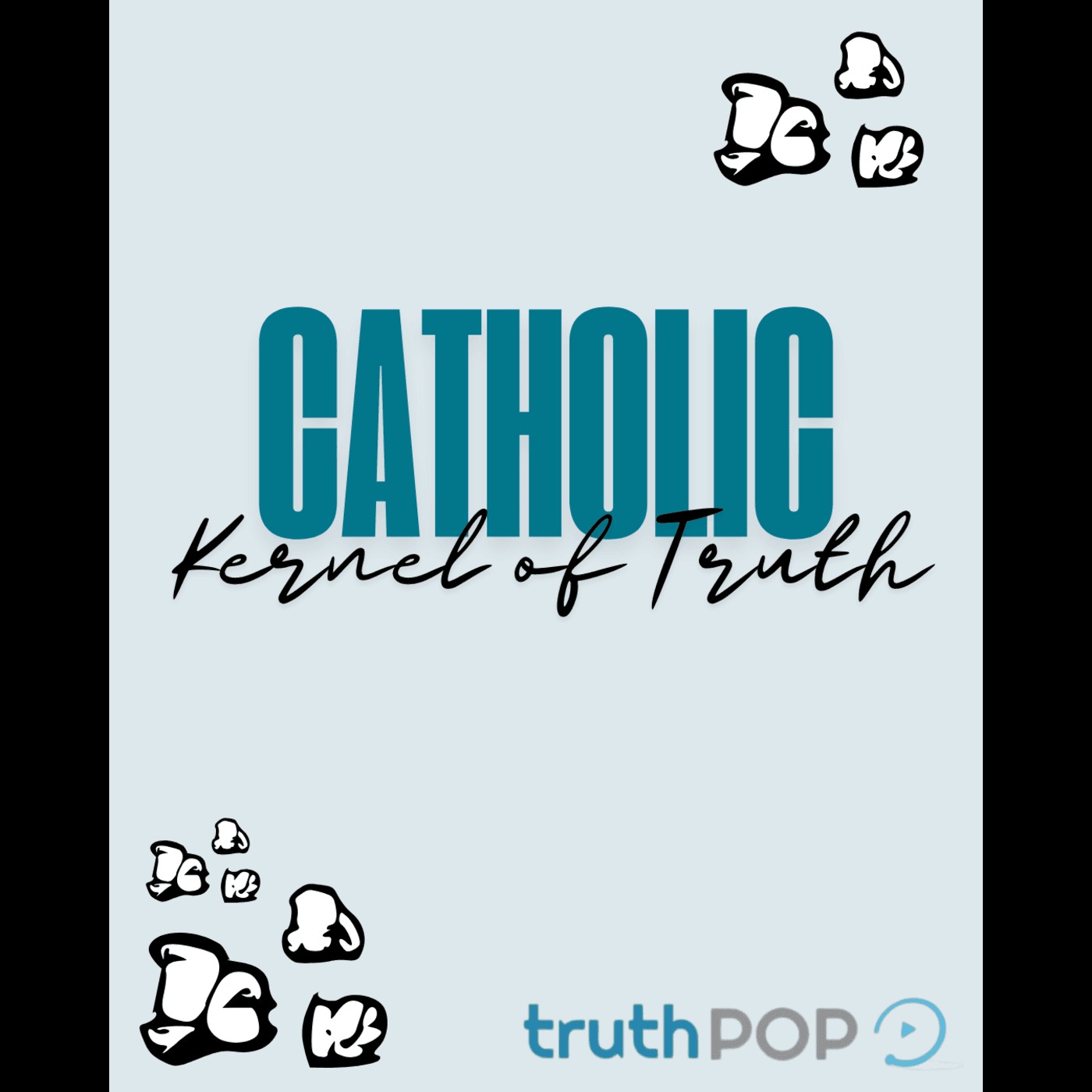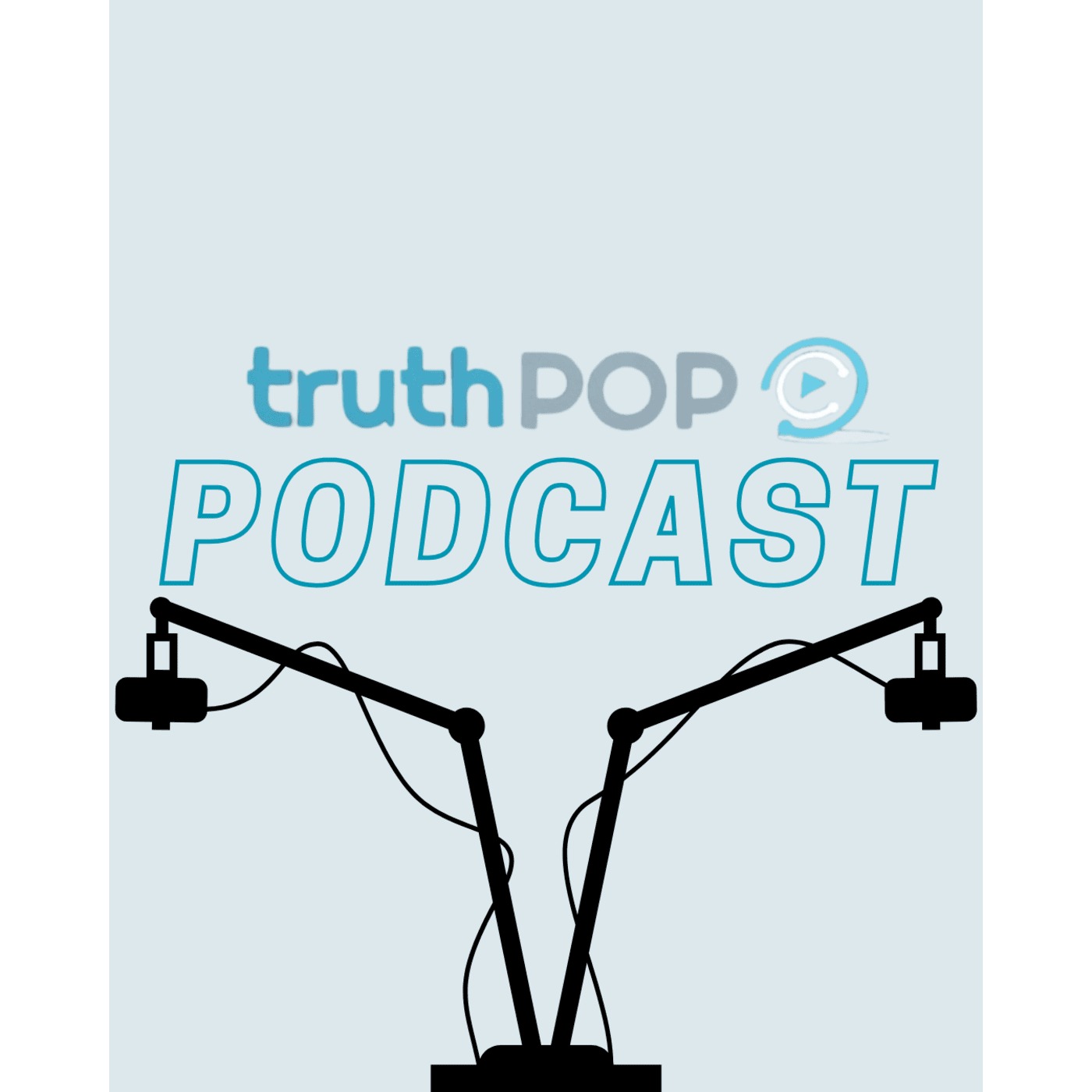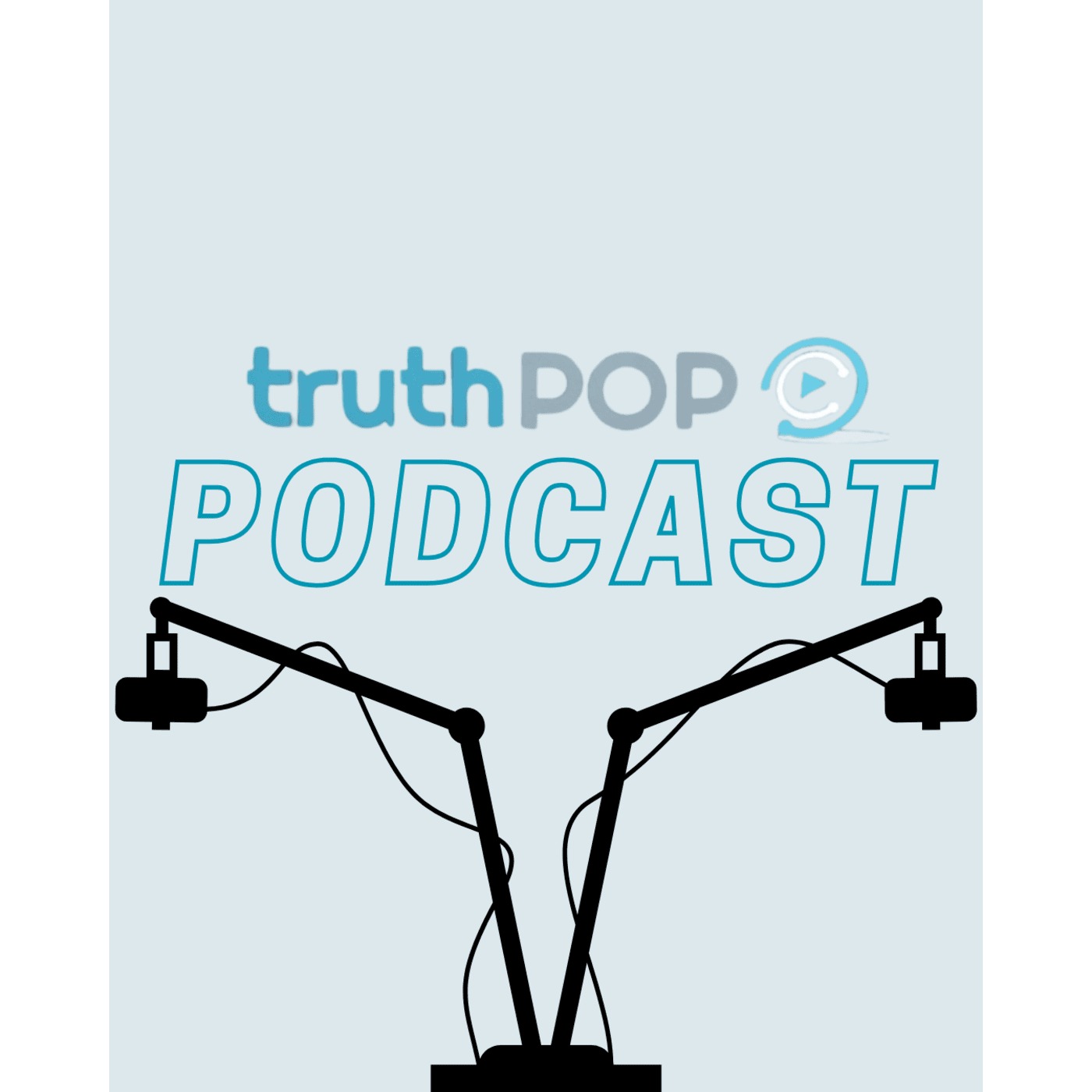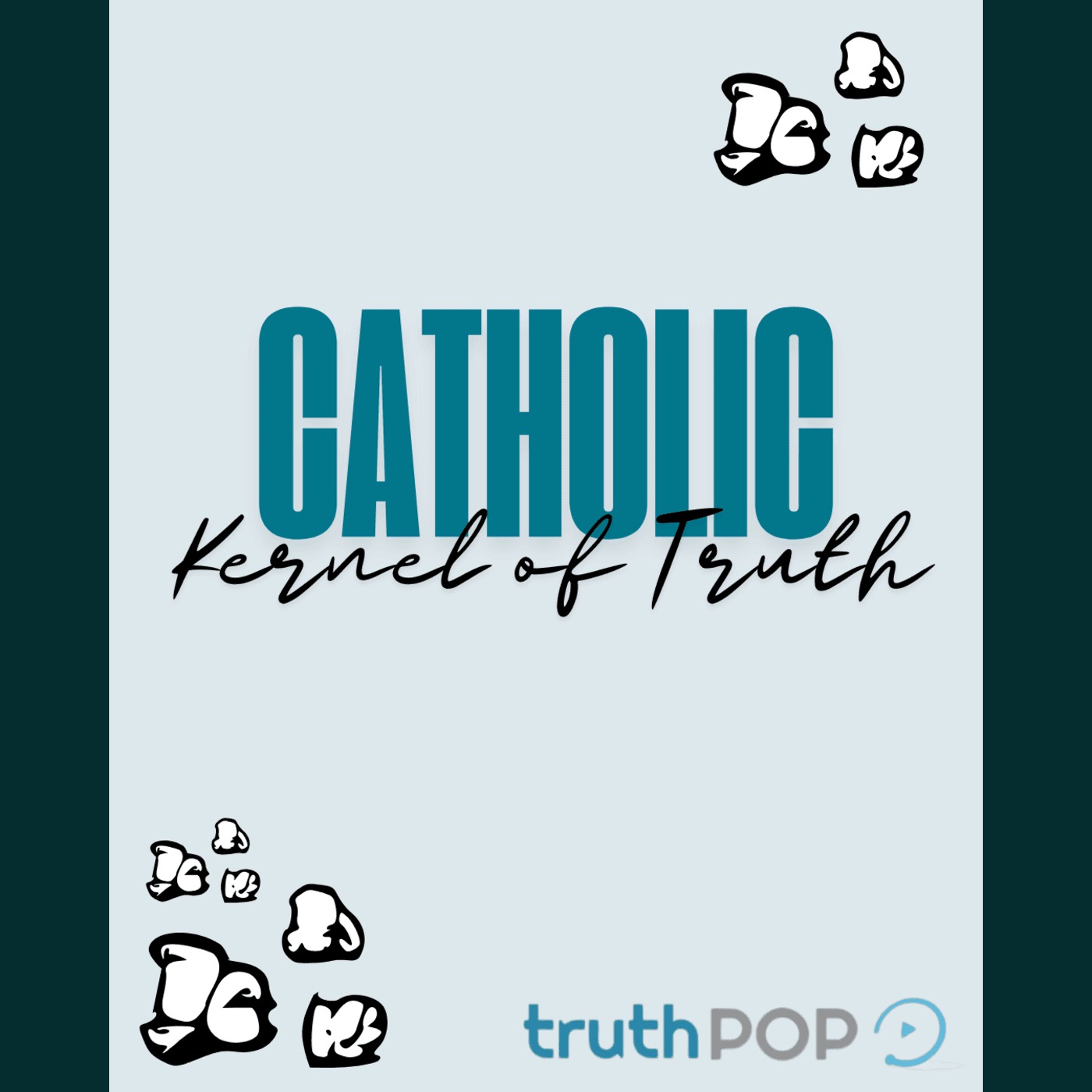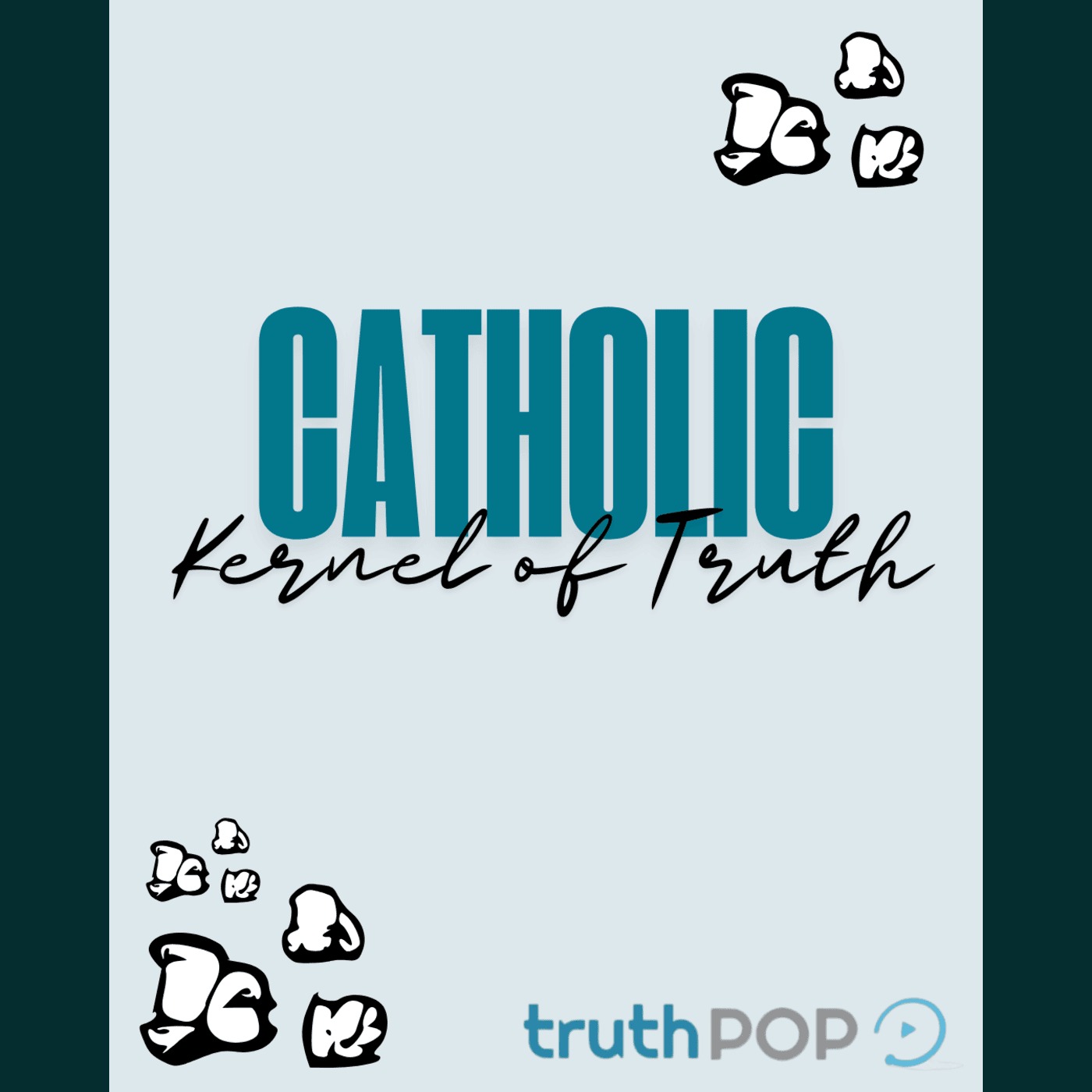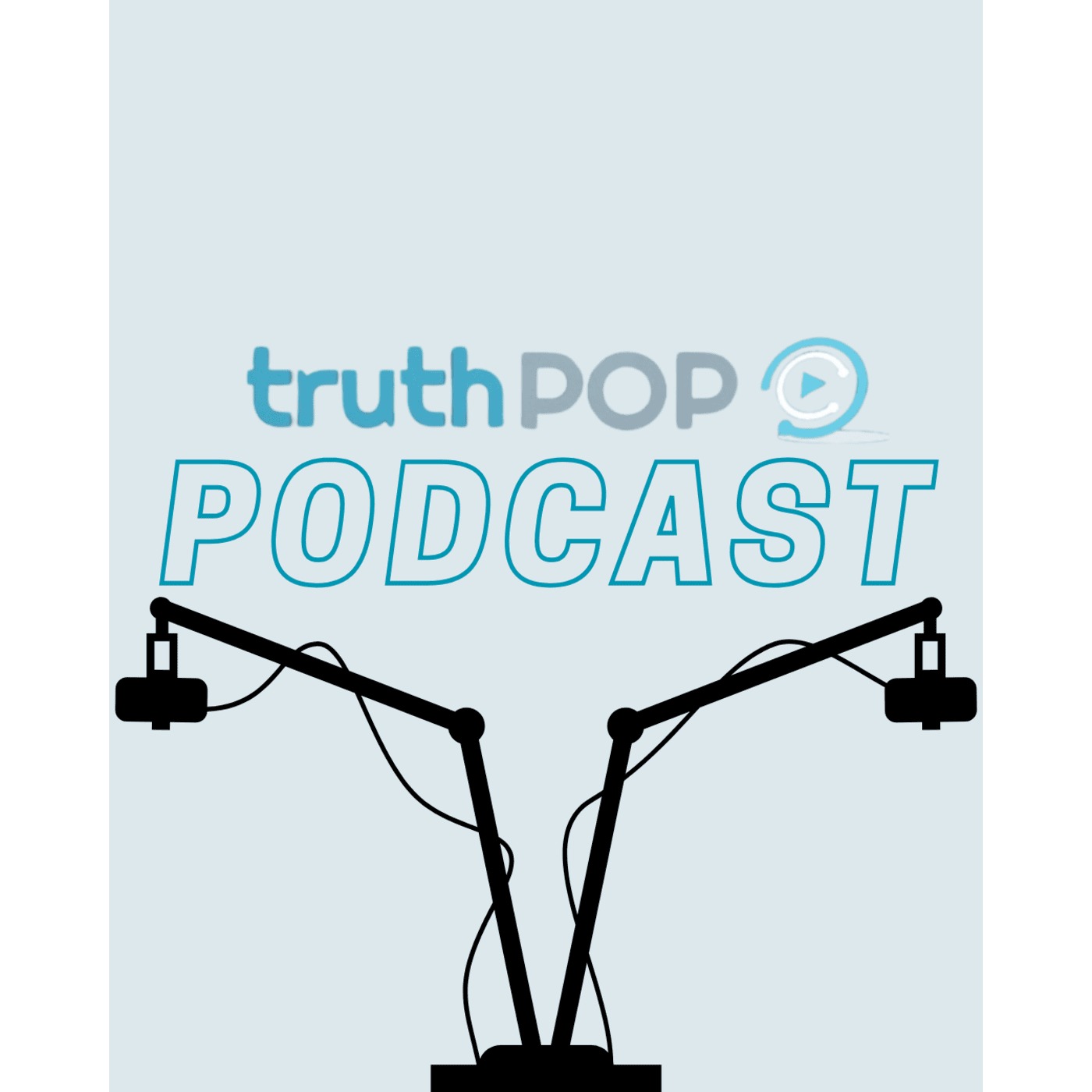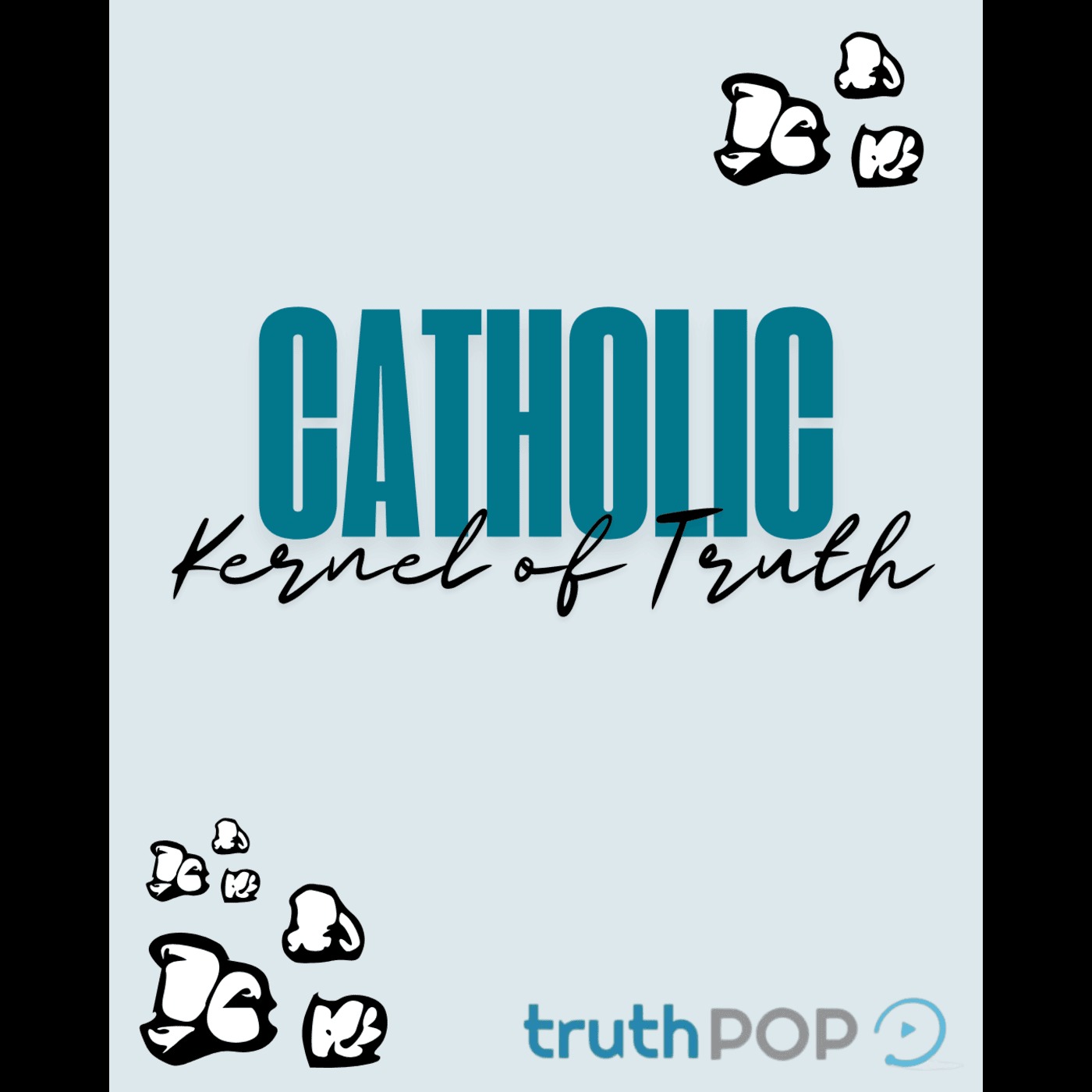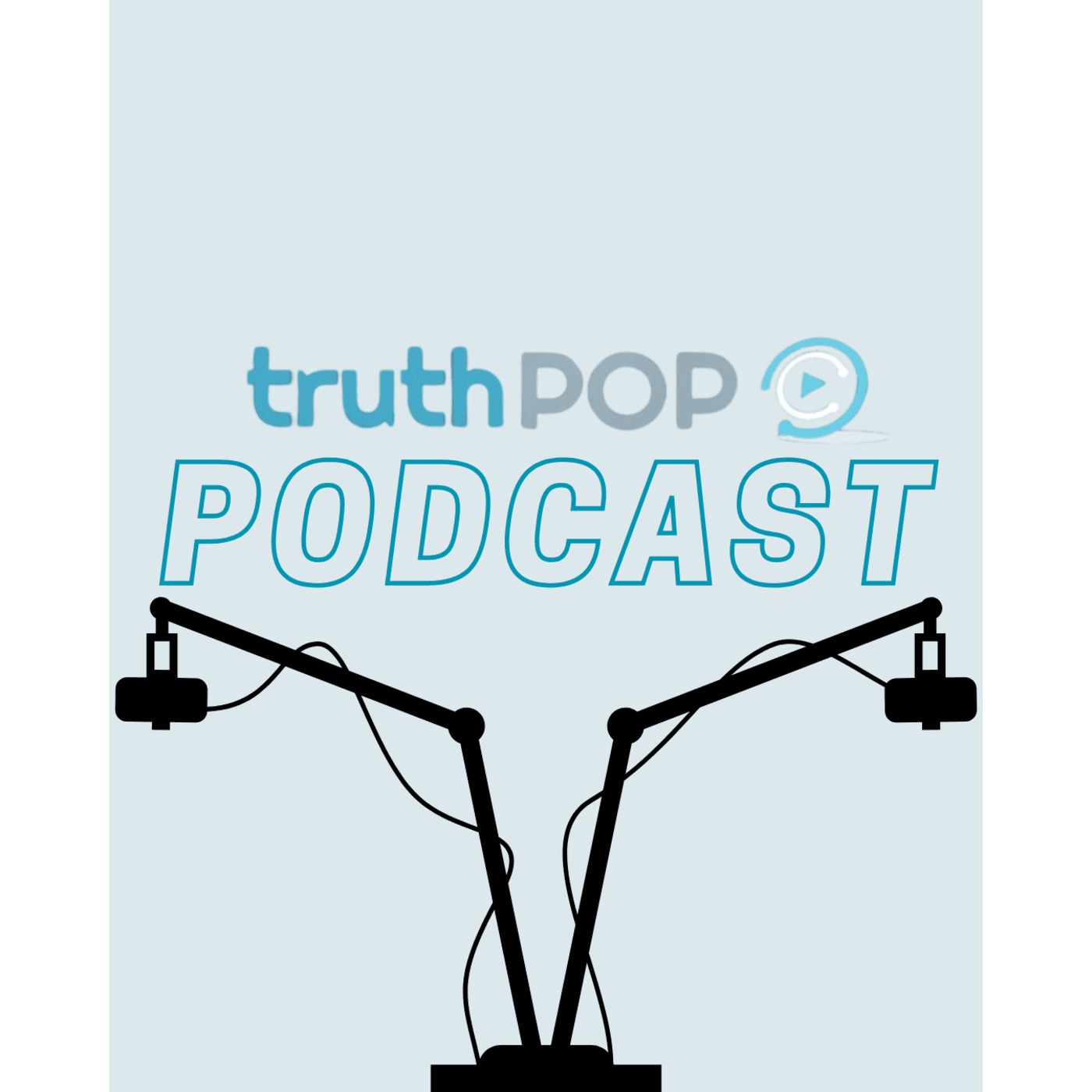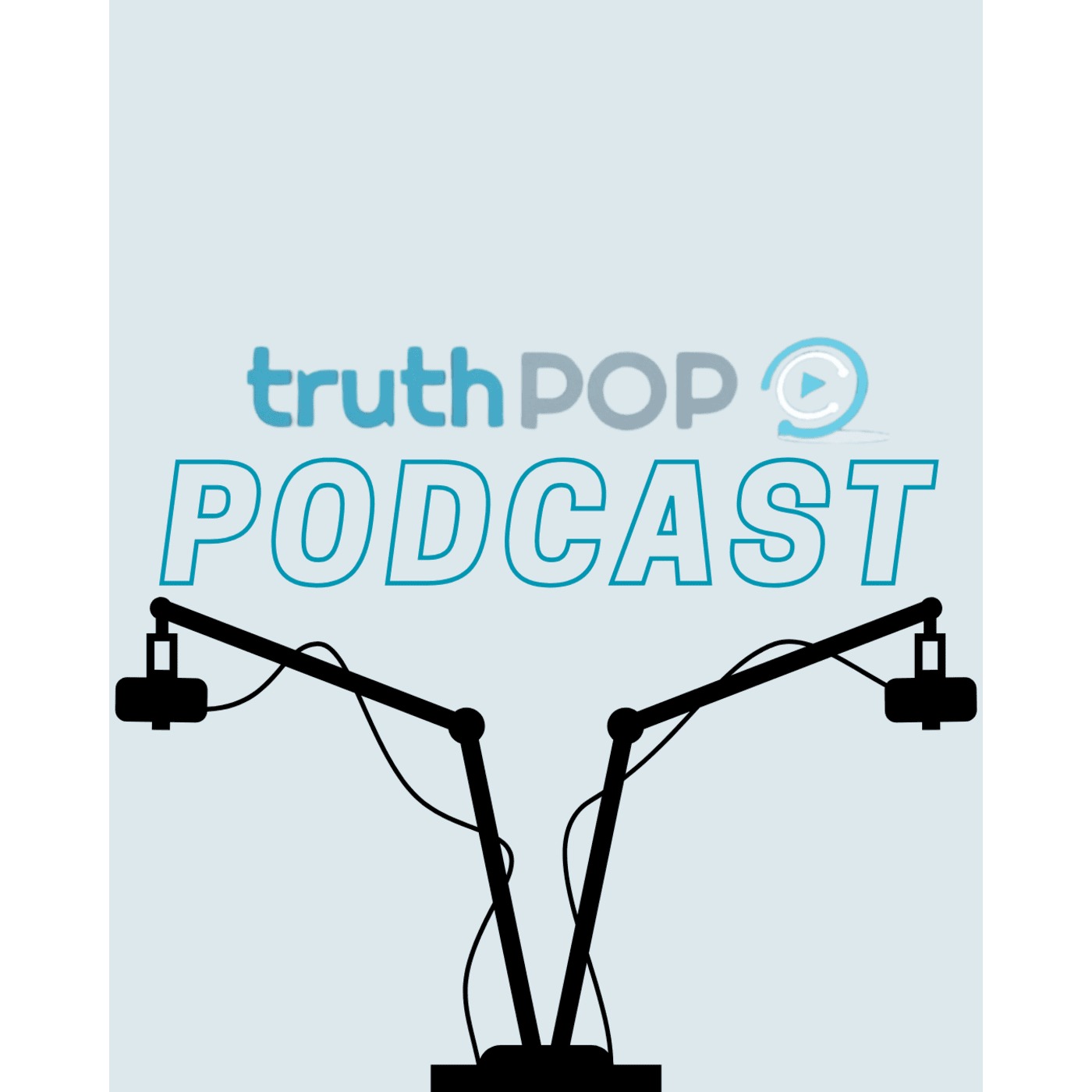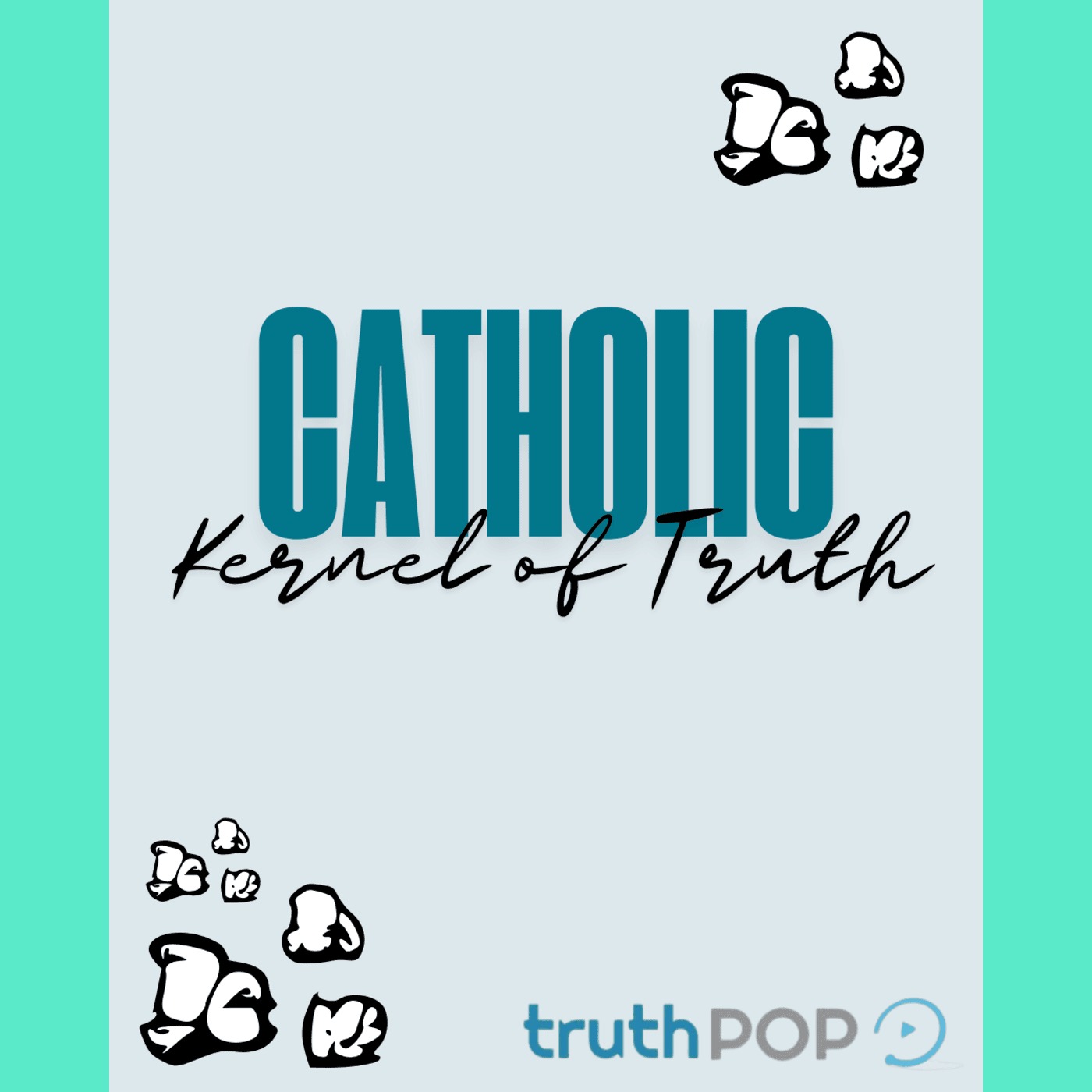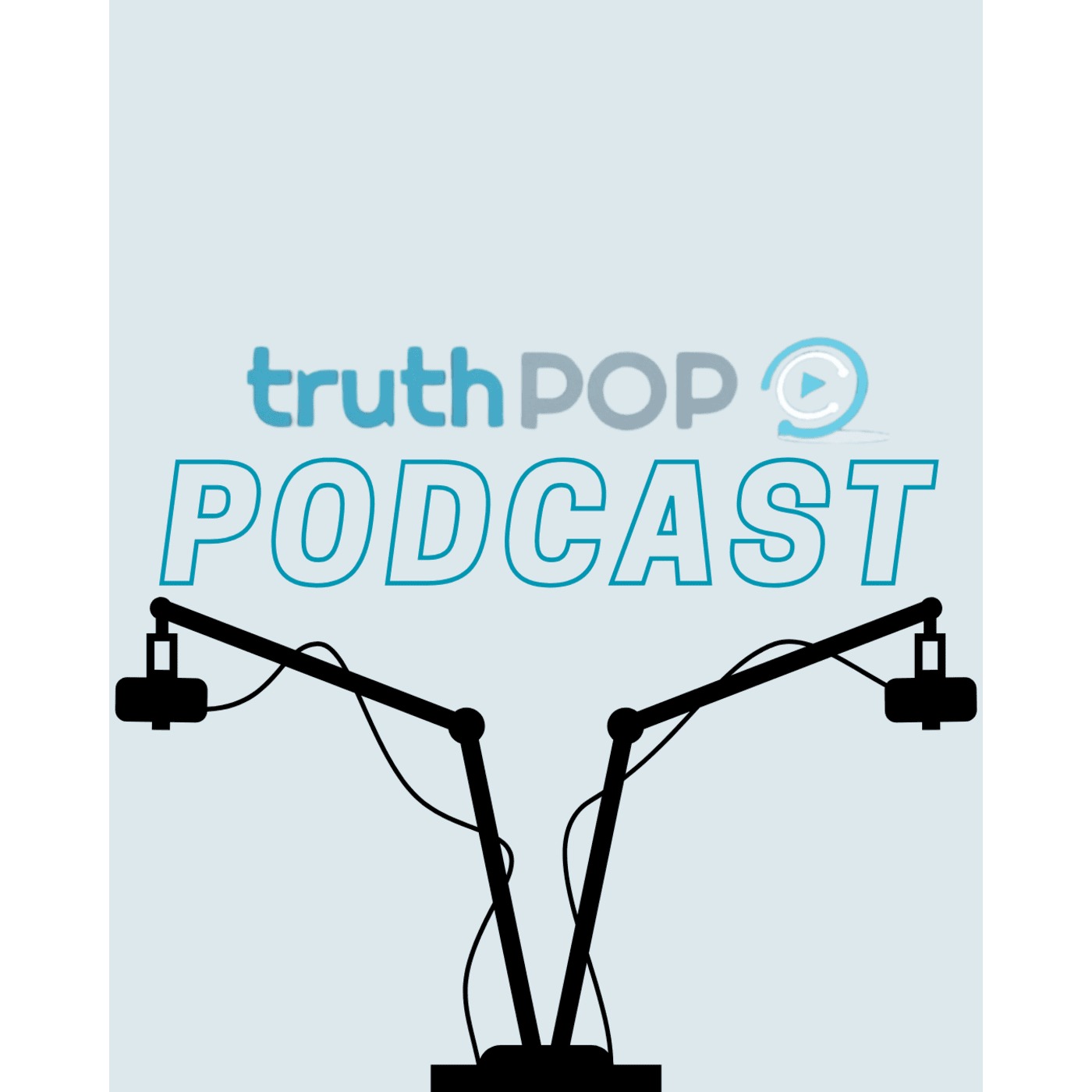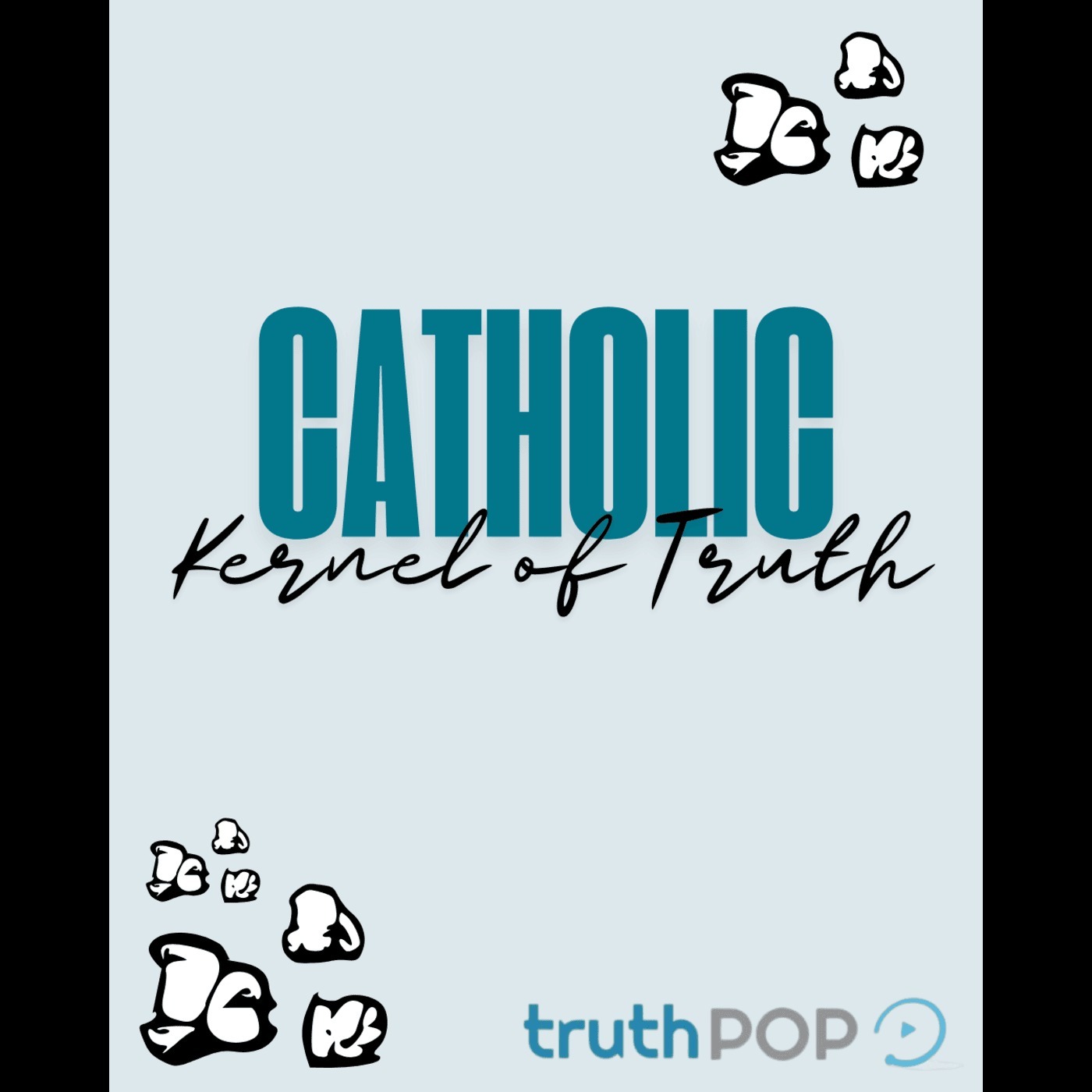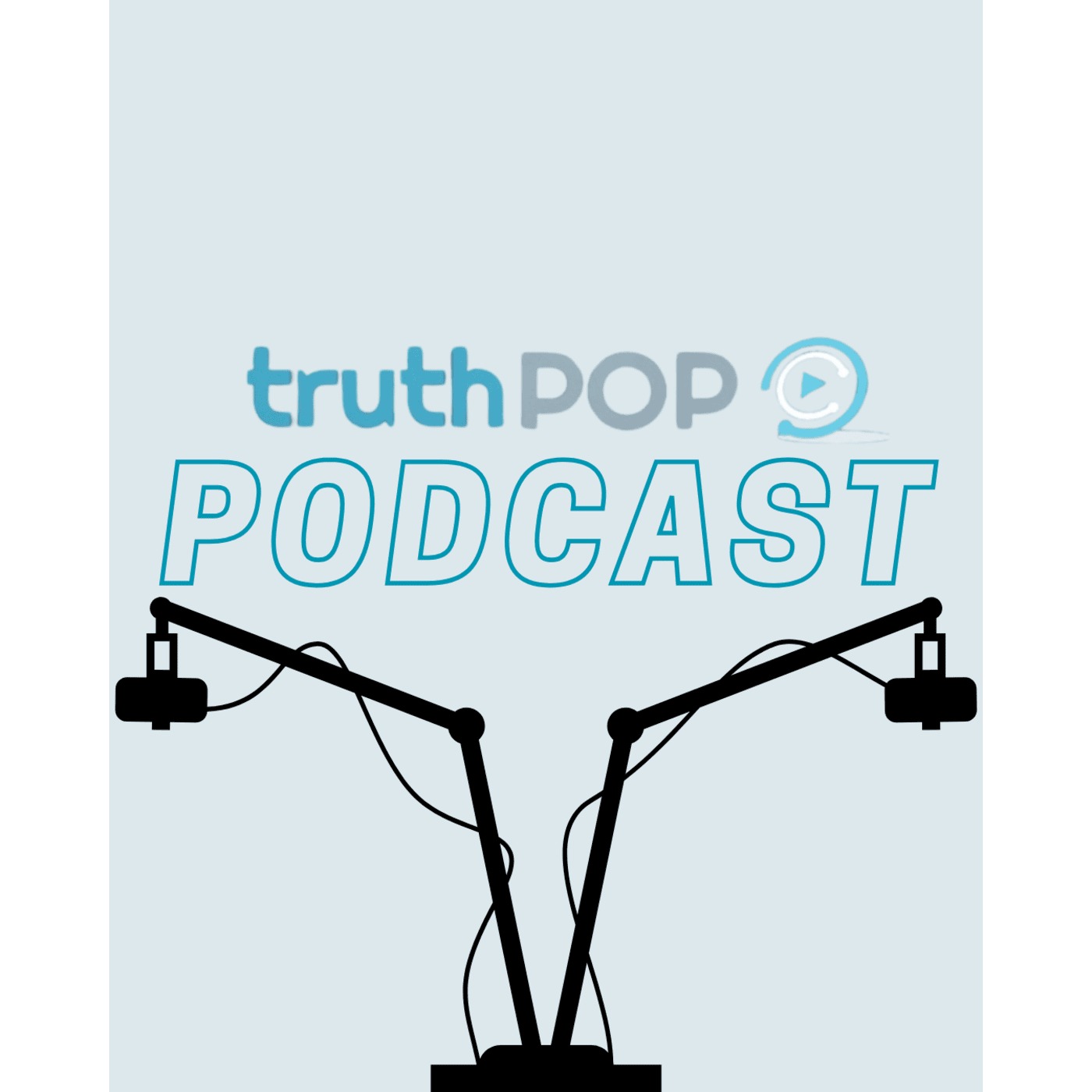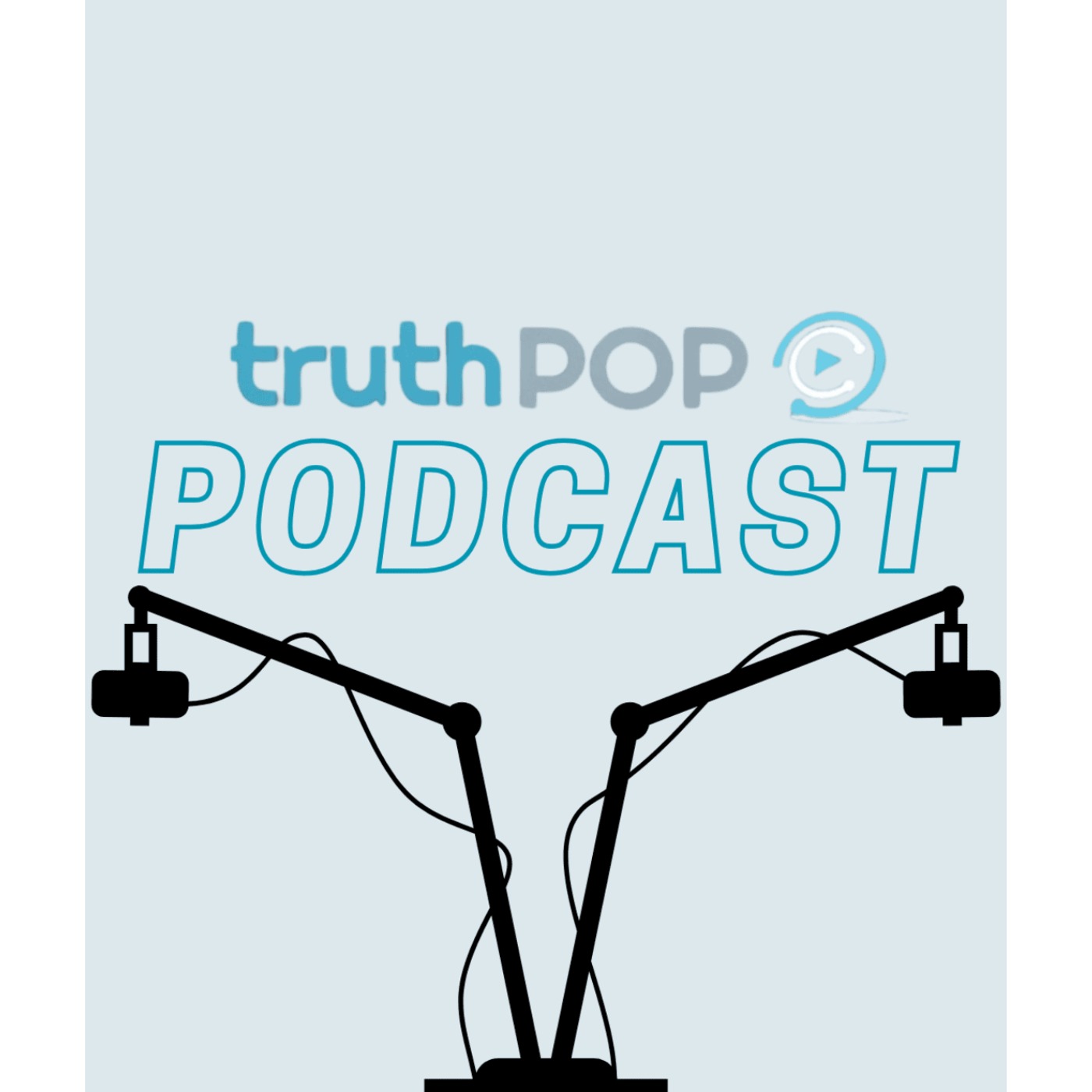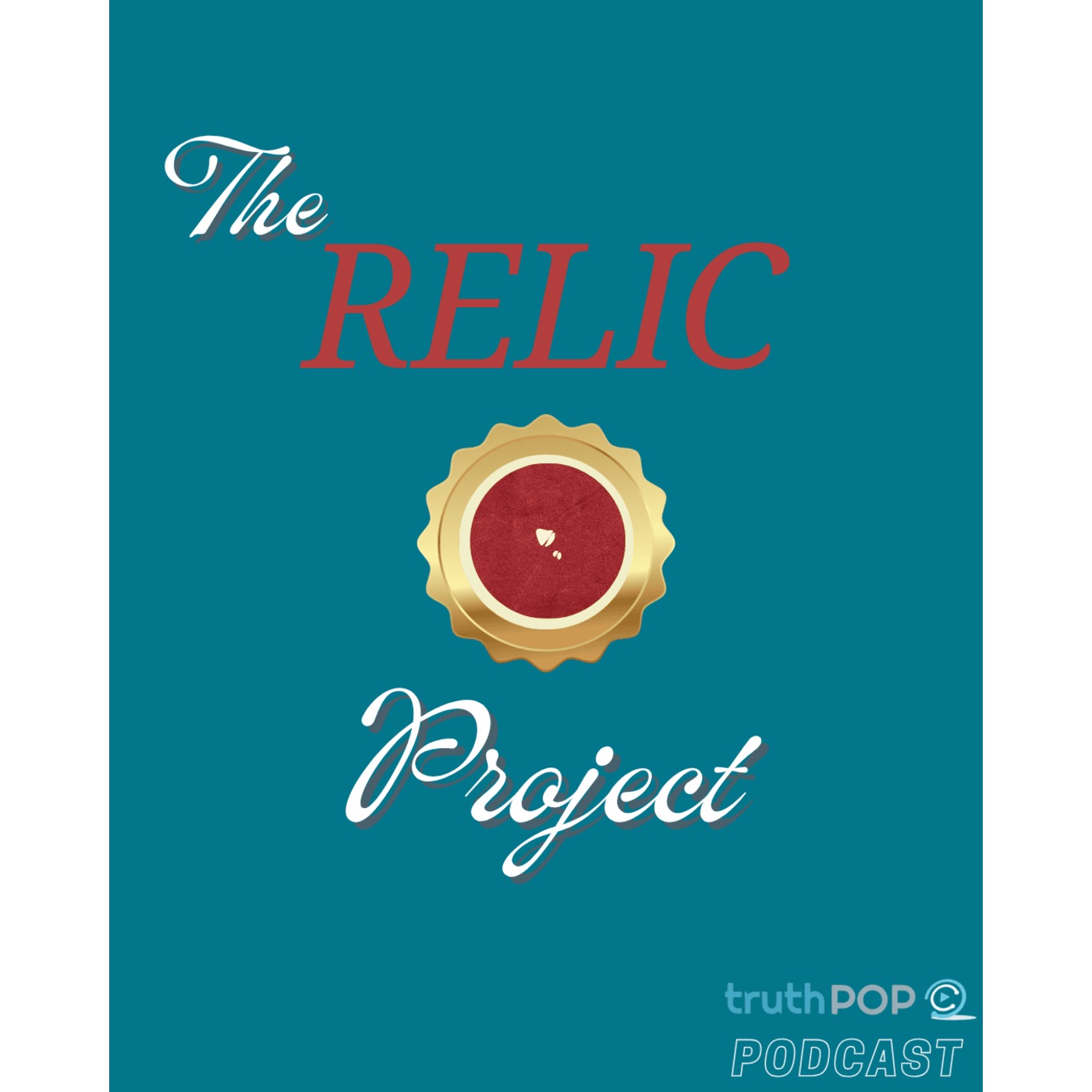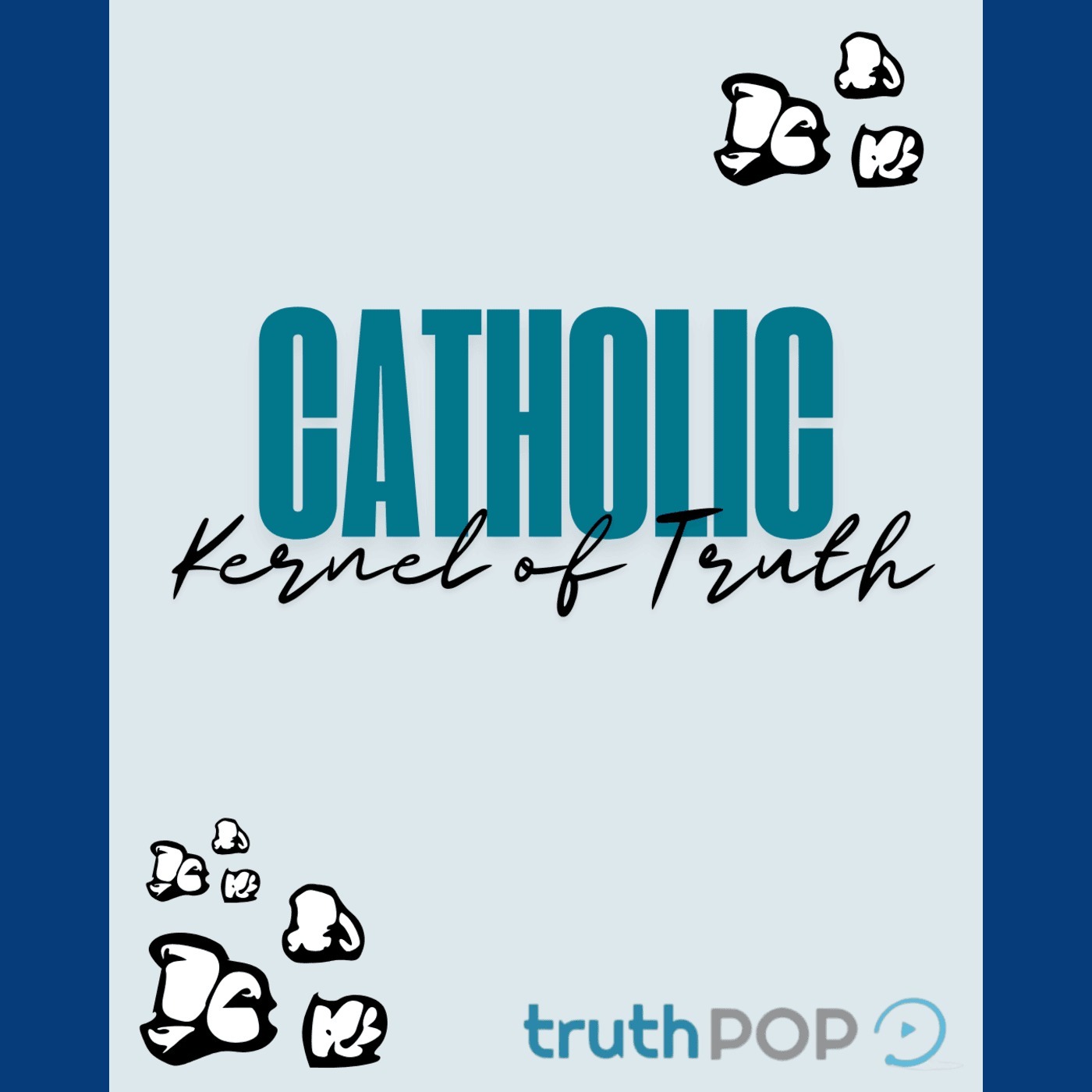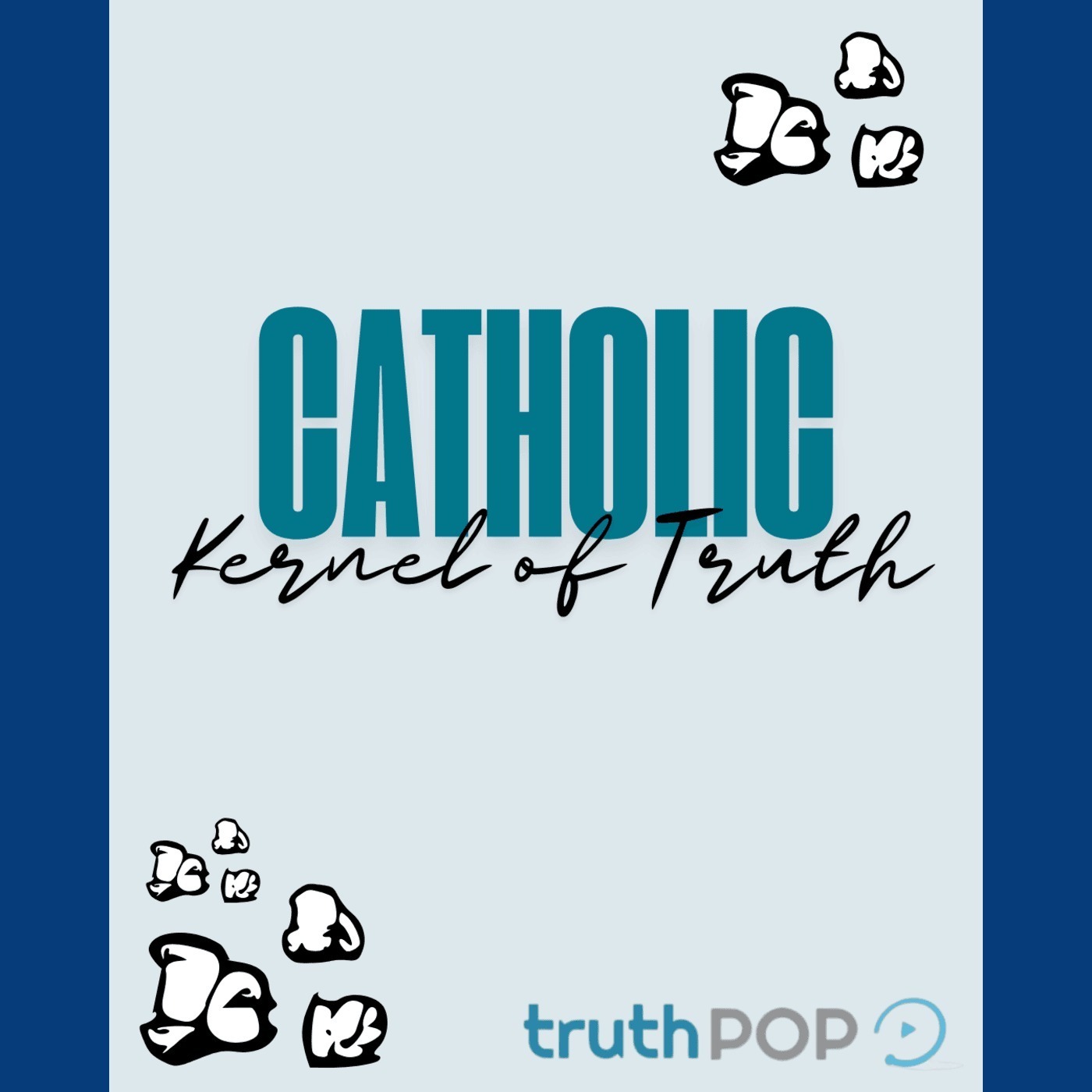Catholic Kernel of Truth - What’s Yours, Mine, and God’s: The 7th Commandment
Description
The 7th Commandment... This one’s one that sounds pretty simple on the surface — “You shall not steal.” Most of us probably think, I don’t rob banks, I don’t swipe candy bars from the store… I’m good!”
But like most of the Commandments, the Seventh one goes way deeper than we think. It’s not just about stealing—it’s about stewardship, justice, and love.
In the beginning, God gave us this beautiful Earth and said, “Take care of it.” He didn’t say, “This is yours, keep everyone else out.” He said, “Be stewards.” Meaning, take care of what you have — not just for yourself, but for others too.
The Catechism actually says that everything on Earth is entrusted to humanity’s care. We can own things, but ownership isn’t supposed to be selfish. It’s a way to serve others.
That’s kind of a mindset shift, isn’t it? What if instead of asking, “What’s mine?” we asked, “How can what I have help someone else?”
It reminds me of that moment with Zacchaeus in the Gospel — the tax collector who climbed the tree to see Jesus. When Jesus came to his house, Zacchaeus basically said, “Lord, I’ll give half my possessions to the poor, and if I’ve cheated anyone, I’ll pay them back four times over.”
That’s repentance in action. That’s what the Catechism calls reparation—making things right when we’ve taken something unjustly. And this commandment doesn’t just deal with money or stuff. It’s also about respecting people and creation.
It even forbids slavery and using others for personal gain. That’s powerful — because it shows that “stealing” can mean taking someone’s dignity or freedom, not just their property.
And it even extends to animals! We’re called to treat them with kindness. God gave us creation to care for — not to exploit.
That means how we consume, how we waste, how we treat the environment — it all ties into the Seventh Commandment.
When I waste food or buy stuff I don’t really need, I have to ask myself — am I being a good steward of what God gave me?
And then Jesus takes it even further in Matthew 25, where He says, “Whatever you did not do for one of the least of these, you did not do for me.”
Because it’s not just about not stealing — it’s about actively giving.
The Seventh Commandment calls us to generosity — giving alms, loving the poor, doing works of mercy. Feeding the hungry, sheltering the homeless, visiting the sick — those are all ways we show that we’re not attached to stuff, but attached to God.
It’s funny how Jesus flips things. He’s not saying, “Don’t own anything.” He’s saying, “Don’t let what you own own you.”
True freedom comes from trusting that God provides — and that what we have is meant to bless others.
So maybe take a second and ask yourself — how attached am I to my stuff?
Yeah… how quick am I to share my time, my resources, my money, even my attention?
Maybe it’s not about stealing in the obvious way, but about those subtle ways we “take” — like taking credit, taking advantage of someone’s generosity, or hoarding what we could be sharing.
Living out the Seventh Commandment is about living with open hands. Receiving everything as a gift from God, and offering it back to Him through love of others.
So next time you think of “You shall not steal,” remember — it’s not just about what we don’t do. It’s about how we give, share, and care.
---------------------------------------------------------------------------------------------
"music by audionautix.com"
Adventures by A Himitsu https://soundcloud.com/a-himitsu
Music released by Argofox https://youtu.be/8BXNwnxaVQE
Music provided by Audio Library https://youtu.be/MkNeIUgNPQ8

